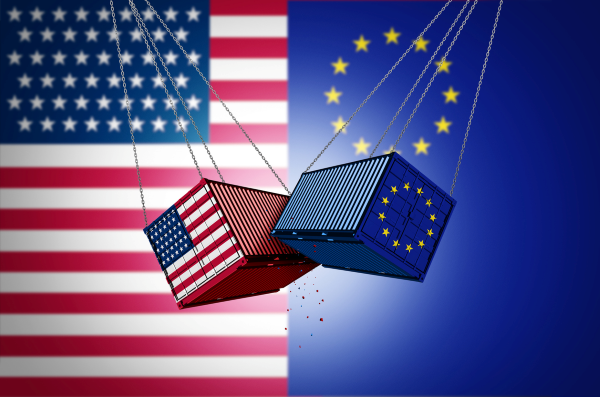As the European Commission is working on a new trade defense mechanism to protect the EU steel industry from global overcapacities and unfair trade practices, Finnish stainless steelmaker Outokumpu has urged Brussels to adopt more effective safeguard measures before the current framework expires in July 2026, highlighting risks from low-priced Asian imports and trade diversions caused by US tariffs.

European steel sector under pressure
The European steel sector faces pressure from global excess capacity, particularly from Asia, and from distorted trade practices in countries such as China. These challenges are intensified by the 50 percent US tariffs on steel imports, which redirect export flows away from the US and into the European market.
According to Outokumpu’s president and CEO Kati ter Horst, European mills are already struggling with low-capacity utilization, weak demand, and rising competition from low-priced imports. She emphasized that robust safeguards are essential not only to ensure fair competition but also to safeguard Europe’s independence in mobility, infrastructure, defense, and clean tech sectors. They are also key to creating a viable business case for EU steel decarbonization.
Outokumpu’s proposal: stricter quotas
Outokumpu recommends replacing the current safeguard with a global tariff rate quota system:
- Strict per-country quotas defined by the true country of origin (steel melted and poured).
- 50 percent tariffs on imports exceeding the quota, applied per metric ton.
- No carry-over mechanism to prevent rolling unused quotas into future quarters.
These quotas should reflect market conditions in low-demand periods such as 2012-13, ensuring fair reference levels.
Regular reviews and emergency mechanisms
To remain effective, the safeguard system must include:
- Periodic reviews to ensure quotas and tariffs reflect actual demand and import shares.
- Effectiveness checks on tariff levels to maintain healthy EU capacity utilization and profitability.
- Emergency reviews in case of sudden demand shocks, allowing corrective action without delay.
Outokumpu asserts that such a flexible yet strict safeguard system would help rebalance trade flows, protect EU-based producers, and strengthen the path toward decarbonized steelmaking.